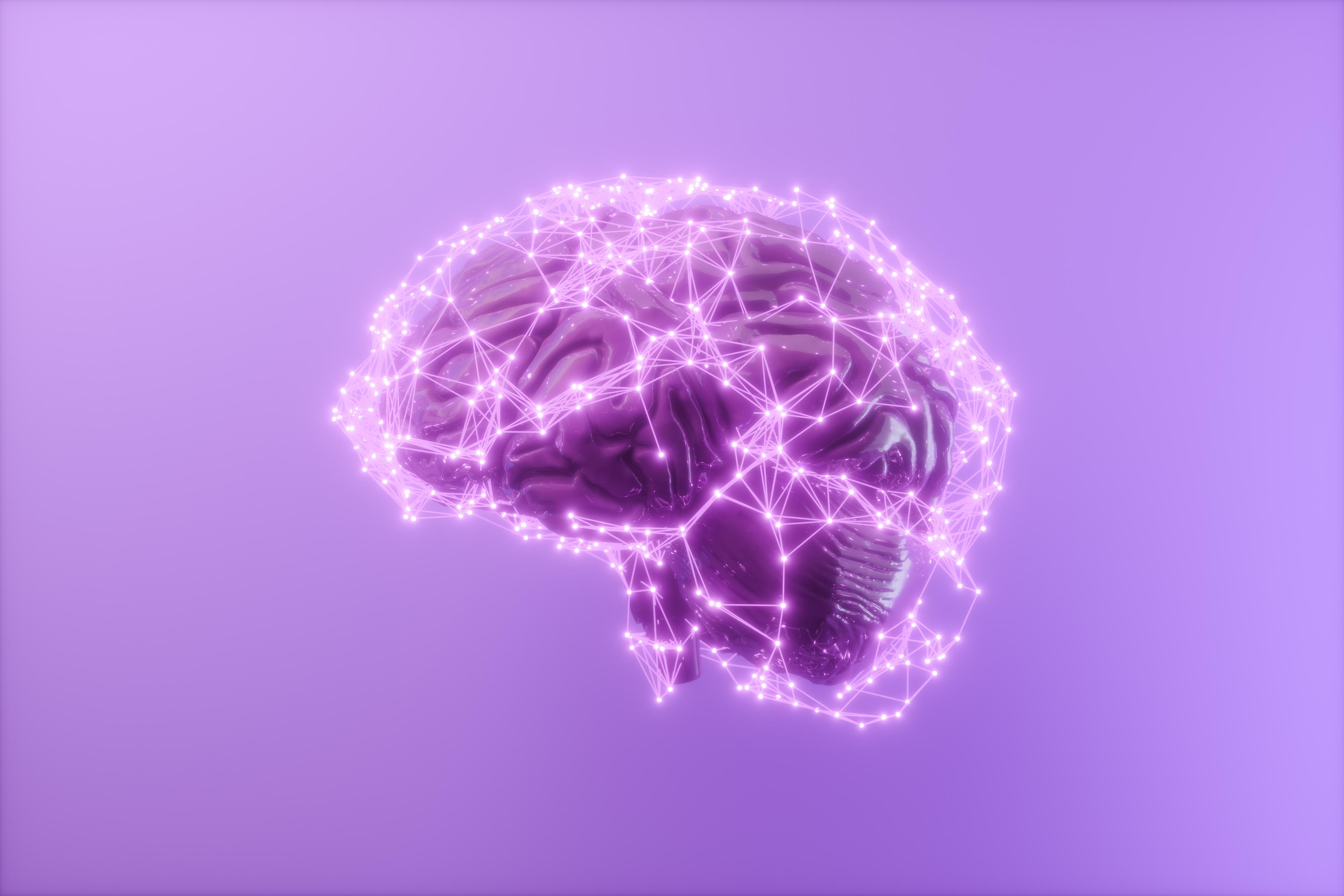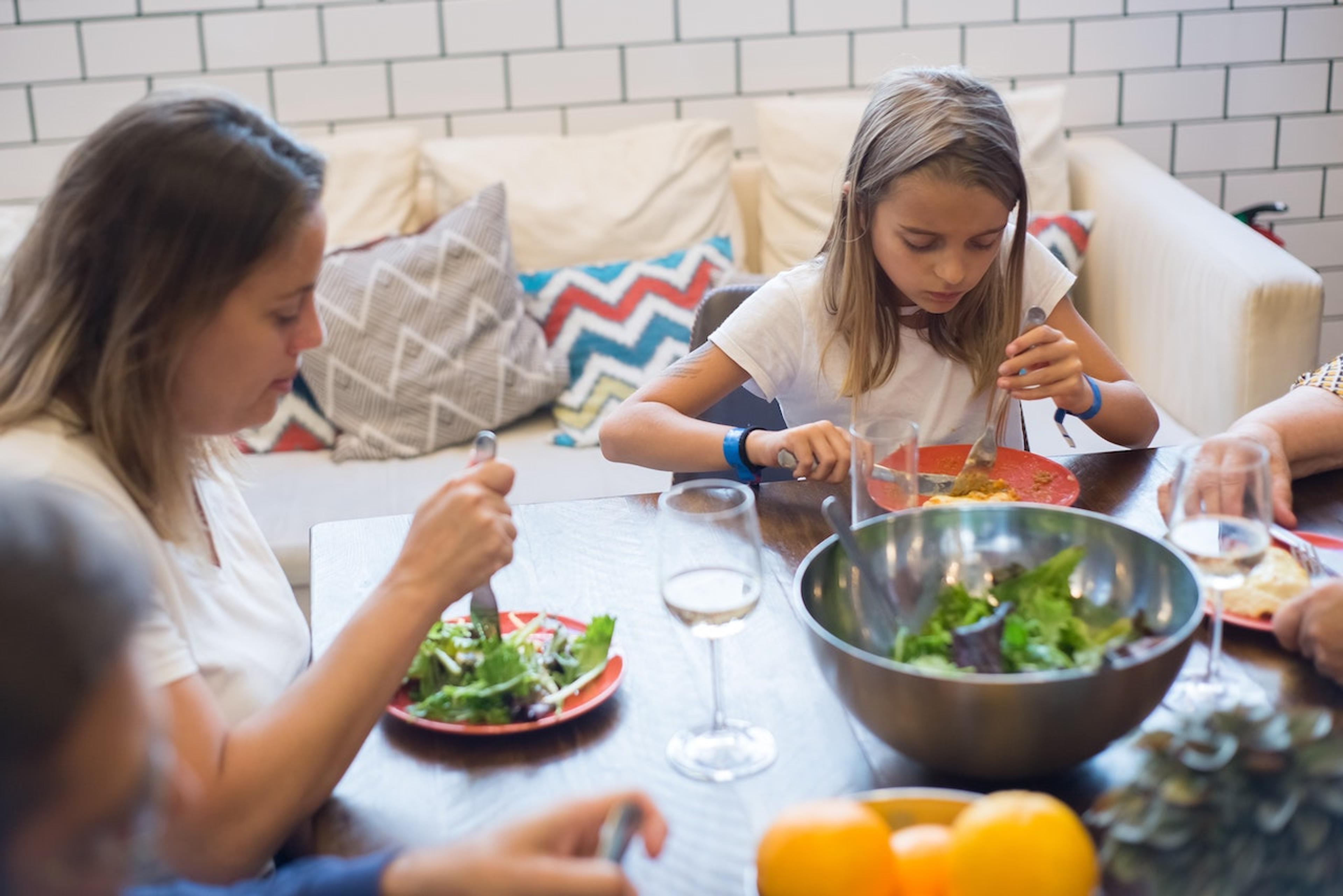
Being vegan doesn't mean someone has an eating disorder — and yet, eating a vegan diet can often complicate eating disorder recovery. At the same time, being vegan or vegetarian is often a valid and important choice rooted deeply in someone's values and identity. So what can you do if you or your loved one is beginning the path toward eating disorder recovery while also practicing a vegan diet? Read on to learn more about the complexities of vegan eating disorder recovery.
When being vegan masks eating disorder behaviors
For many affected by an eating disorder, eating a vegan/vegetarian diet has more of an emotional weight to it than a “casual dieter” choosing not to eat cake. Identifying as a vegan or as a vegetarian means that food choices influence sense of self and personal identity. It is not a choice to make; it is a part of someone.
Because of this link with identity, challenge foods may seem even scarier if they threaten a person’s sense of who they are and what they believe in. For many affected by an eating disorder, being vegan or vegetarian can be about far more than wanting to avoid calorie-dense foods, challenge foods, or “junk food.”
It can be about:
- Being smaller: Not just physically smaller, but striving to have as little impact on the earth/animals as possible.
- Reinforcing moral worth: Reaffirming sense of moral superiority or righteousness by identifying as a vegan/vegetarian.
- High standards of purity/perfectionism: Identifying as a vegan/vegetarian can be a way to chase after a narrow definition of “purity.” This can also placate the eating disorder’s desire for perfectionism.
- Black and white thinking: The eating disorder can “hijack” very real moral beliefs (compassion for animals, environmentalism, etc.) and subsequently view these beliefs through an “all or nothing” or “black and white” lens. (For example, it may not seem “good enough” to skip meat at one meal; food choices would have to be all vegan all the time. Realistically, small steps can make a difference in the health of our planet — black and white thinking only serves to highlight how the eating disorder can be stronger than one’s personal desire to make an impact in a practical, sustainable way.
- Normalizing restriction: Using veganism/vegetarianism as a way to easily avoid challenge foods or “junk” foods.
- The safety blanket: Having a label to give the way one eats can make eating feel safe. For example, eating dairy-based ice cream could be viewed as scary, but vegan ice cream may be doable. While this could seem harmless on the surface, it can also mask situations where restriction is still happening.
How can veganism fit into eating disorder recovery?
One of the key ways you can support your own recovery or the recovery of a loved one is by honoring the idea of activism while simultaneously trying to remove the focus on “food as activism.” Activism doesn’t just have to be “on the plate,” after all. You can engage in animal welfare/environmental activism that is unrelated to food. For example, you could volunteer at an animal shelter or pick up litter in a park.
You can also reaffirm that moral beliefs are dual in nature. Remind yourself or your loved one that to be kind to animals and the earth, we first have to practice being kind to ourselves. Sometimes, especially in recovery, that may mean choosing to eat meat or meat products.
Also reaffirm that sustainability is the key to effective activism. If veganism/vegetarianism can’t be done in a healthy way (mentally or physically), it won’t be sustainable in the long term. What’s most effective, both for us and our planet, is what we can healthfully practice over the course of our lifetime.
Small actions over a long period of time are hugely important. There’s an aphorism attributed to Voltaire that states that “perfect is the enemy of good,” and this is clearly demonstrated here.
What does love have to do with it?
Compassion for animals and the earth is, at its root, about love. Ultimately, an eating disorder can hijack this love and transform it into fear, which is not the spirit of veganism or vegetarianism. Remind yourself or your loved one that when we become afraid of food, we are no longer present in love.
Vegan eating disorder recovery is possible, but sticking to a strict vegan diet may also mask eating disorder beliefs and behavior, making both true progress and true engagement with loved ones and the planet impossible.
Beliefs are important, but so is health, and so is recovery.








